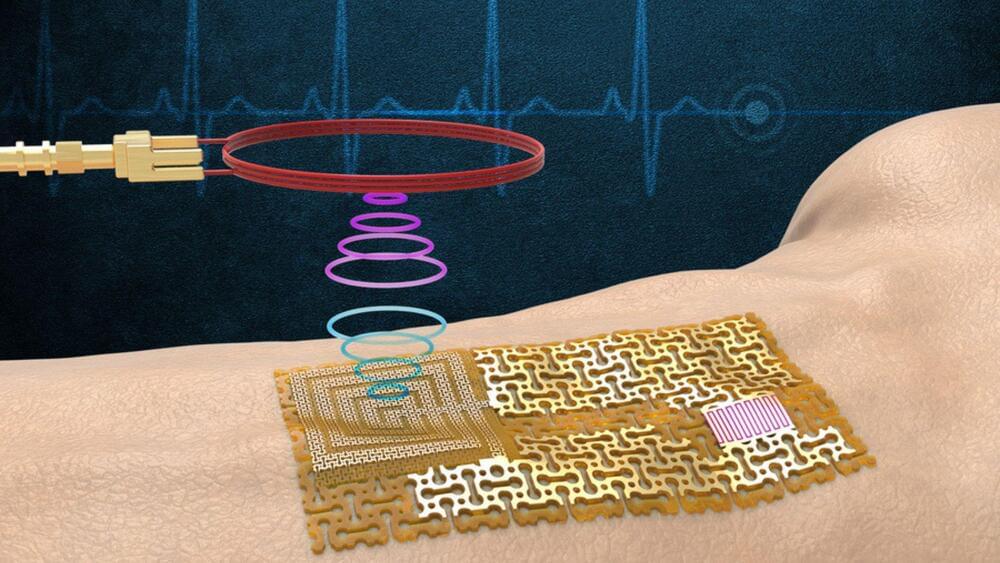Why we should be performing interstellar archaeology and how Avi Loeb and his team at the Galileo Project plan to recover an interstellar object at the bottom of the ocean.
“Any chemically-propelled spacecraft sent by past civilizations into interstellar space, like the five we had sent so far (Voyager 1 & 2, Pioneer 10 & 11, and New Horizons), remained gravitationally bound to the Milky Way long after these civilizations died. Their characteristic speed of tens of kilometers per second is an order of magnitude smaller than the escape speed out of the Milky Way. These rockets would populate the Milky Way disk and move around at similar speeds to the stars in it.
This realization calls for a new research frontier of “interstellar archaeology”, in the spirit of searching our backyard of the Solar system for objects that came from the cosmic street surrounding it. The interstellar objects could potentially look different than the familiar asteroids or comets which are natural relics or Lego pieces from the construction project of the Solar system planets. The traditional field of archaeology on Earth finds relics left behind of cultures which are not around anymore. We can do the same in space.“
https://avi-loeb.medium.com/
The goal of the Galileo Project is to bring the search for extraterrestrial technological signatures of Extraterrestrial Technological Civilizations (ETCs) from accidental or anecdotal observations and legends to the mainstream of transparent, validated and systematic scientific research. This project is complementary to traditional SETI, in that it searches for physical objects, and not electromagnetic signals, associated with extraterrestrial technological equipment.
Within this overarching goal, the Galileo Project has defined two specific goals, correlating to our two related areas of study:
To examine the possibility of extraterrestrial origin for unidentified aerial phenomena (UAP), by making observations of objects in and near Earth’s atmosphere, filtering out identifiable objects using AI deep learning algorithms trained on rigorous classification of known objects, and then examining the nature of the remaining data for anomalous characteristics.






